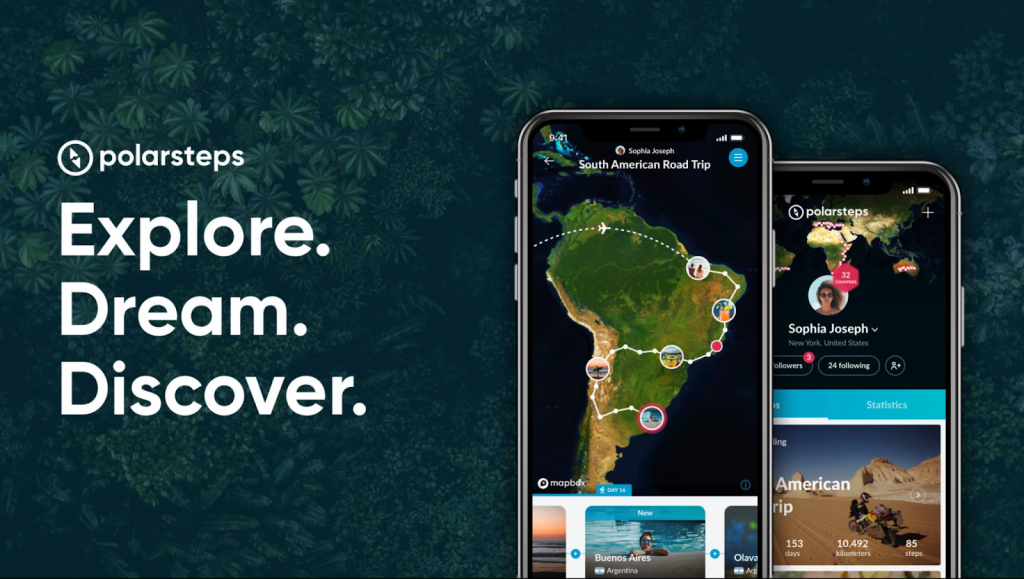The travel industry has always been an early adopter of cutting edge and new technologies. As the market roars back towards post pandemic levels, technology becomes even more important and many facets of the travel business can employ these new technologies to improve productivity and drive business. Some of these tech trends are geared directly to the traveler while some improve back office performance. Here are 4 emerging travel technology trends to look out for in 2024:
Augmented and Virtual Reality in Travel Marketing
Having proven their value in the real estate industry, AR and VR marketing is now a mainstay in the travel business. Imaging being able to clearly show off a particular room or amenity where a potential traveler can have a complete 360 degree view. Modern camera technology allows for these views to be easily produced and are a must have marketing tool for any of the following travel providers:
- Destination Hotels & Resorts
- Cruise lines and river cruise companies
- Local experiences and tours
Technology has greatly improved in augmented reality and travel brands can easily customize and add marketing specific elements to live and 360 degree views. With unlimited resources for research at traveler’s fingertips, using AR and VR in marketing gives providers an edge over still photos.

Artificial Intelligence Can Help Improve Airline Performance & Productivity
Artificial Intelligence (AI) exploded in the scene a few years ago and the technology promises to revolutionize many industries. Airlines are turning to AI to solve 2 challenges that affect the bottom line:
- Maximizing revenue for each flight
- Creating schedules that efficiently use equipment
A well coded AI program can constantly monitor demand and availability, offering dynamic pricing for airline seats on certain routes. By constantly adjusting prices and services, airlines can maximize dollars per flight by ensuring planes travel full or close to full. The AI mainframe can also increase transaction dollars by offering appropriate amenities based on previous purchases and travel style.
AI can also learn from a carrier’s schedule and cross reference booking traffic to fully optimize use of equipment. If a smaller plane would do a better job at a certain route, the AI model could detect that and schedule equipment accordingly. Schedules could even be further optimized based on load factors at certain times of the day.
Travelers embrace ‘smart’ technology
Travelers are always looking for ways to enhance their experiences and ‘smart’ technology offers new ways to stay healthy, stay organized and stay secure. Smartwatches, such as The Apple Watch, incorporate such travel friendly features as contactless payment, trip and distance tracking, and the ability to load boarding passes electronically. Some hotel brands employ technology that allows smartwatches to unlock rooms and provide access to property amenities.
Smart technology has even filtered down to another important travel tool, luggage. With airlines imposing stiff limits on baggage, ‘smart luggage’ can weigh itself saving embarrassment at the check in. Bags can also have built-in GPS devices that allow travelers to instantly track their luggage via smartphone or smartwatch app. Enhanced locking systems also provide peace of mind as apps can monitor lock positions through the journey.
Hotels & Resorts investing resources into improved cybersecurity
Anyone working in the travel industry is well aware of the MGM resorts cyber hacking incident that occurred in September of 2023. While still able to operate in ‘manual mode’, MGM suffered through nearly 10 days of individual system shutdowns affecting almost every facet of the business. Checkin lines in Las Vegas were hours long and in some cases, casino winnings had to be paid by paper IOU. Protecting customer data and securing internal systems will be top of mind for IT teams in 2024 as travel demand continues to ramp up. Cybersecurity efforts will also extend to mid and post crisis scenarios, adding additional potential layers of defense when hackers take over systems.
IT departments will be looking at possible vulnerabilities within internal systems and may have dedicated units whose sole job is to identify those ‘back doors’. Creating proprietary cybersecurity infrastructures to combat ransomware attacks will be a priority for hotel & resort operators in the new year.
Technology & Travel will always go hand in hand
Technology has and will always be at the forefront of the travel industry. Travel providers will look to ramp up business by using high tech marketing techniques to get potential clients excited about properties and destinations. AI will also be a dominant theme in travel technology as companies turn to the model to improve revenue and operational efficiency. Travelers themselves are constantly looking for ‘smart technology’ to enhance their experiences. With recent events in the hotel industry, security will be top of mind for executives and managers and will turn to cybersecurity technology to ensure customer data safety and uninterrupted operations.

